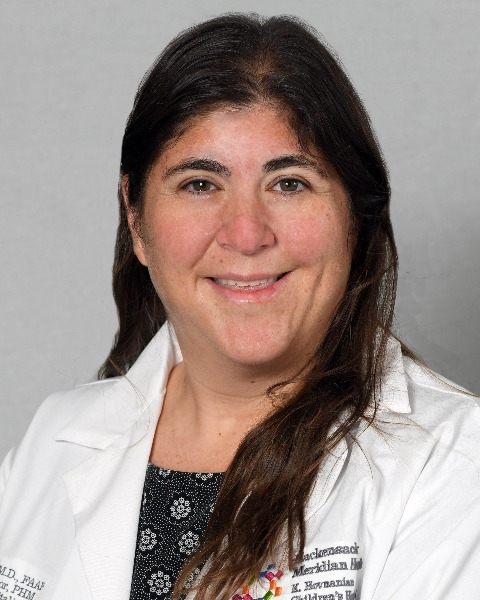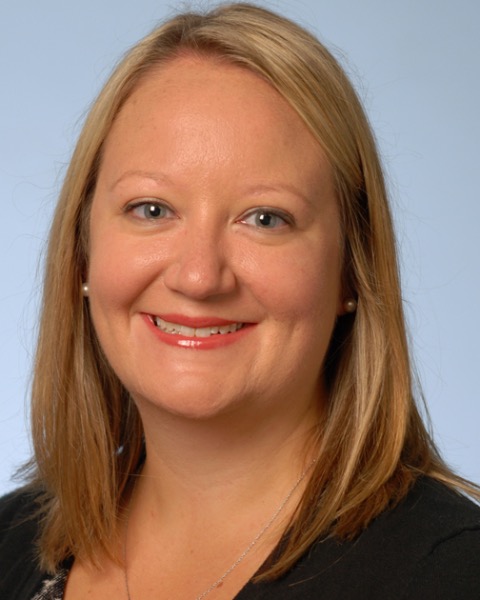Academic and Research Skills
Core Curriculum for Fellows
Medical Education
Public Health
The Amazing Cost Escape: An Interactive Experience in High Value Care
-

Srividya Naganathan, MD (she/her/hers)
Associate Chair of Education
K Hovnanian children’s hospital, Hackensack meridian health
Neptune, New Jersey, United States -

Jamie Pinto, MD (she/her/hers)
Pediatric Hospital Medicine Fellowship Director; Associate Professor of Pediatrics
K. Hovnanian Children's Hospital at Jersey Shore University Medical Center
Neptune, New Jersey, United States -

Sara Kane, DO, MSEd (she/her/hers)
Assistant Professor of Clinical Pediatrics
Neonatal-Perinatal Medicine
Indiana University School of Medicine
Indiana University School of Medicine
Indianapolis, Indiana, United States -

Jan Fune, MD (he/him/his)
Assistant Professor
Icahn School of Medicine at Mount Sinai
New York, New York, United States
Leader(s)
Co-Leader(s)
Workshop Description: Healthcare costs in children account for almost 10% of United States healthcare expenditures. Unfortunately, almost a third of these costs do not contribute to improved outcomes in patient or population health. Several factors contribute to overutilization including fear of uncertainty and litigation, and patient expectation for diagnostic work-up and treatment. The ACGME has recognized that “considerations of value, equity, cost awareness, and risk-benefit analysis” is an important system based practice milestone in trainee education. Many academic centers have focused efforts on High Value Care (HVC) curricula for trainees but the practice of incorporating HVC principles into daily patient care remains a challenge.
This multi-institutional workshop combines the elements of ‘The Amazing Race’ and ‘Escape Room’ to stimulate interest and active participation of attendees. Participants will work in groups to complete 3 activities necessary to ‘escape the prison of low value care’. After a brief overview, participants as groups will correctly match value and cost to common clinical scenarios. Presenters will define HVC principles providing examples followed by group activity of identifying the discussed principles in the provided cases. Finally, after a brief presentation on barriers to HVC, participants will brainstorm solutions to barriers encountered in clinical practice. Activities will be timed and the group completing all the 3 tasks first, while providing HVC will escape the prison and emerge the winner. At the conclusion of the workshop, participants will be provided a toolkit to utilize and develop strategies to promote and teach HVC in their own institutions.
Learning Objectives:
- Describe the concepts of quality, value and cost in clinical practice.
- Model application of high-value principles to common case scenarios for medical education.
- Develop potential strategies for overcoming barriers to high-value care.

